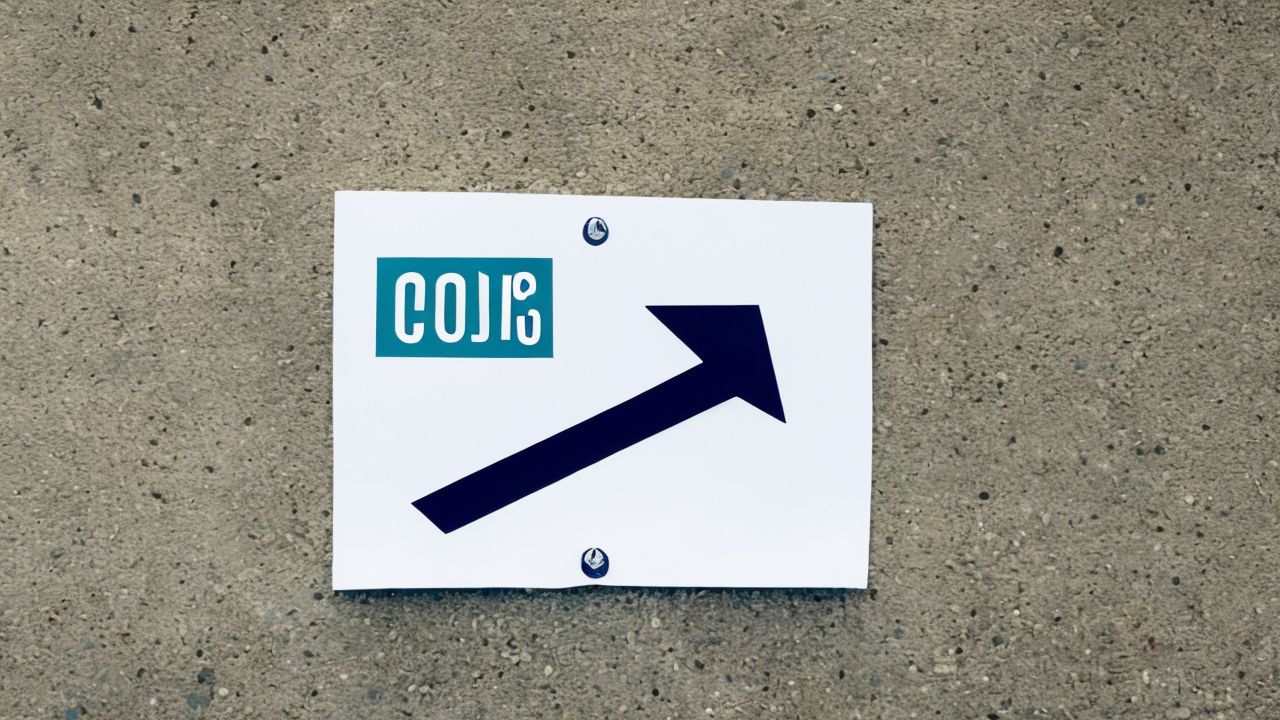America’s Future Lies in Freedom, Not Control

The recent passage of a bipartisan resolution condemning socialism in the U.S. House of Representatives is more than a political statement—it’s a moment of national reflection. With 285 lawmakers voting in favor and 86 Democrats joining Republicans in opposition to socialist ideology, the message is clear: American prosperity and freedom are not up for debate. This vote comes at a time when New York City prepares to welcome a new mayor-elect known for his democratic socialist principles, making the moment both timely and significant.
The resolution, introduced by Rep. Maria Elvira Salazar (R-Fla.), draws from painful lessons of history. It references the devastating outcomes of centralized control in places like Mao’s China, Castro’s Cuba, and Stalin’s Russia—nations where economic planning led not to equality, but to famine, suffering, and loss of life. These were not isolated failures. They were predictable results of systems that prioritize state power over individual choice.
Rep. Byron Donalds (R-Fla.) put it plainly: socialism, by design, erodes personal liberty. It does not begin with good intentions alone—it ends with restrictions on speech, limits on enterprise, and dependency on government. When people rely on the state for housing, transportation, and income, they lose the incentive to build, save, and grow. That is not progress. That is surrender.
Nowhere is this tension more visible than in New York City, where the incoming mayor-elect, Zohran Mamdani, has proposed policies like rent freezes and fully taxpayer-funded public transit. While these ideas may sound appealing on the surface, they ignore the economic realities of supply, demand, and long-term sustainability. Rent freezes, for example, discourage property maintenance and reduce the incentive to build new housing. Subsidized transit may seem fair, but it shifts the burden onto taxpayers and can lead to underfunded systems that fail when demand grows.
The meeting between President Trump and Mamdani, while framed as a gesture of civility, underscores a deeper divide. It is not about personal friendship, but about whether America will continue to value individual responsibility or move toward a model where the government decides how people live, work, and spend.
This is not about attacking any one person. It is about protecting a way of life. For generations, American success has been built on hard work, innovation, and the belief that every person has the right to earn, save, and keep what they create. This is not a flaw in capitalism—it is its strength. When people are free to choose, to compete, and to benefit from their efforts, society thrives.
The House resolution is not a call to reject compassion. It is a call to reject systems that replace responsibility with entitlement. True care for one another does not come from government mandates, but from community, faith, and personal initiative—values deeply rooted in American tradition and Christian ethics.
We must be clear: defending liberty is not a partisan issue. It is a national imperative. As cities like New York consider sweeping policy changes, we must ask not just what the government can do, but what individuals and local communities can do together. The future of America depends on empowering people, not controlling them.
Let us not confuse slogans with solutions. Let us not trade freedom for the illusion of security. The path forward is not more centralization, but more freedom. Not more bureaucracy, but more responsibility. Not more government control, but more personal dignity.
America’s future lies not in ideology, but in liberty. And liberty, at its core, is a gift to be protected, not a prize to be redistributed.
Published: 11/21/2025








